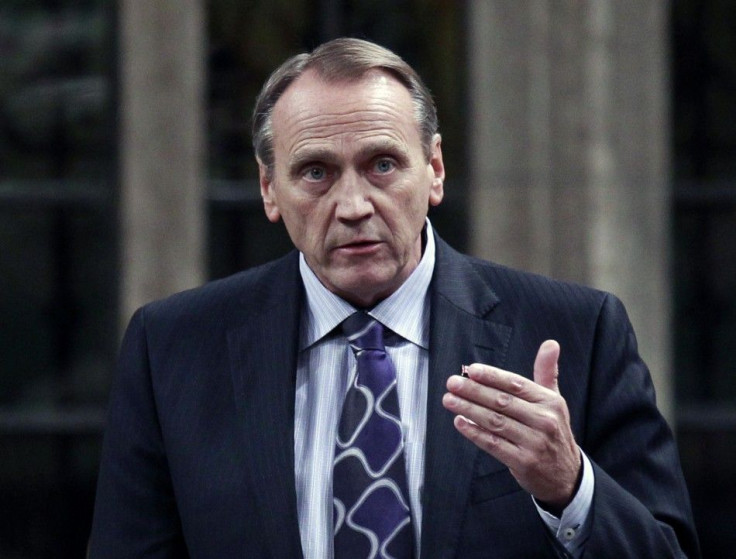Canada's natives have been betrayed, says leader

Canada is betraying its native peoples, who must deal with dreadful living conditions, poor health care and discrimination, the country's top aboriginal leader said in a fiery speech on Tuesday.
Native Indians, who make up around 1.2 million of Canada's 34.5 million population, suffer high levels of poverty and crime. Unemployment and suicide levels are highest among natives, especially on the remote reserves and settlements that dot the country's north.
Dismaying conditions in the isolated community of Attawapiskat in northern Ontario - where a severe housing crisis means people are living in tents as temperatures dip down towards minus 40 Fahrenheit (minus 40 Celsius) - have been at the center of Canadian media attention since last week, embarrassing the federal government.
Canada saw for the first time last week what we see every day, what our people live with day in and day out, said Shawn Atleo, national chief of the Assembly of First Nations.
Some of our communities - too many of our peoples - live in appalling conditions. This is a national disgrace. And we have reason to feel angry and betrayed, he told an Ottawa gathering of aboriginal leaders.
Atleo said aboriginals were living through a tragic, frustrating and even terrifying time. He said the Attawapiskat debacle could be a moment of reckoning that helps natives gain more control over their lives.
Successive Canadian governments have for decades struggled to improve the life of natives, who want more federal spending and a much greater say over what happens to the resources on their land.
The increasing sense of frustration is helping bolster native opposition to Enbridge Inc's planned C$5.5 billion ($5.4 billion) Northern Gateway oil pipeline, which would take crude from the Alberta oil sands to the Pacific across land belonging to many Indian bands.
Ottawa currently spends around C$11 billion ($10.9 billion) a year on the aboriginal population, which native leaders say is not enough.
Federal Indian Affairs Minister John Duncan, expressing concern about possible mismanagement at Attawapiskat, appointed an outside specialist to oversee the settlement's finances but the specialist was forced to leave almost as soon as he arrived. Opposition legislators described the move as crass.
It is a truly terrifying situation for the people there to have a government whose only response to the situation of urgency and emergency is to send in an auditor, said Bob Rae, interim leader of the Liberals.
Prime Minister Stephen Harper responded that Ottawa would respond to the community's needs.
Part of that response is not simply to expend public funds, it is to make sure that ... help gets to the people who actually need it, and that we are accountable for doing that, he said.
Harper is due to meet Atleo in Ottawa on January 24 to discuss ways of improving the life of natives.
In 2008, Harper formally apologized on behalf of Canada for having in the past forced 150,000 aboriginal children into residential schools, where many say they were abused.
Atleo said the schools, which mostly operated from the 1870s to the 1970s, had done lasting damage to the native population.
Too many of our young people have fallen - from substance abuse, from despair, from suicide. Too many of our children sit each day in cold, moldy classrooms, suffering from lingering illnesses bred by dirty drinking water and unsafe homes, he said in his speech.
© Copyright Thomson Reuters 2024. All rights reserved.











